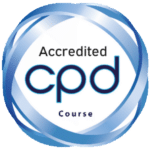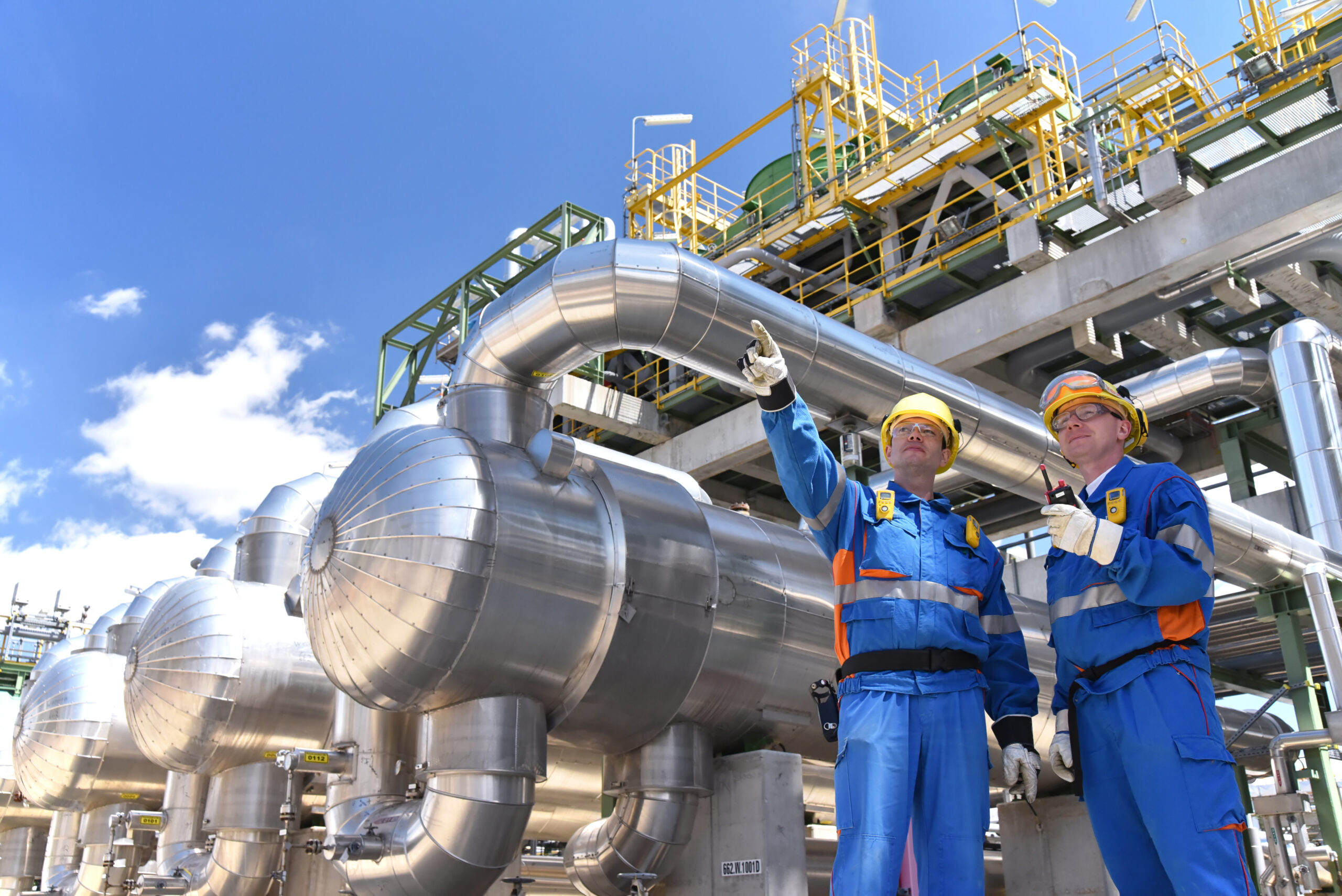Refinery Performance & Cost Improvement Training Course
Consultant/Trainer: Dr. Eric-Hans Wolff
The Petrogenium Refinery performance & cost improvement course provides a solid and broad awareness of the refinery business. It gives a global perception of the refinery as a business, by providing basic technical information on refining processes, the place of the refinery in the value chain and future trends. Planning and optimisation of your refinery margin is included as is the gaining of awareness of the basic tools and techniques used for economic evaluations in refineries.
This course can be given face-to-face or remotely. The presentations are interactive, supported with slides that also serve as a dedicated course manual (PDF file). The course includes interactive discussions and participant topics (on demand, aided by short videos, exercises and a Q&A session). Learning assessment is through a written examination (if required).
This course can be given face-to-face or remotely. The presentations are interactive, supported with slides that also serve as a dedicated course manual (PDF file). The course includes interactive discussions and participant topics (on demand, aided by short videos, exercises and a Q&A session). Learning assessment is through a written examination (if required).

Participants
This Petrogenium course can be tailored for awareness/inexperienced staff, for intermediate and for experienced personnel. Furthermore the course can be customized for a specific refinery, plant or unit. The option for post-course consultancy/help-desk support is also available.
Participants may include: analysts working in a supply environment or a refinery planning department; linear programming (LP) modelers; employees of private equity firms, trading firms and other investors interested in the refinery business (for example, increasing awareness for amongst others due diligence purposes); those involved with Mergers & Acquisitions (M&A); non-refinery professionals in the oil & gas industry or related sectors, such as consultants, contractors, suppliers and other interrelated companies interested in the crude oil refining business; existing and newly-hired refinery personnel and current semi-technical personnel who require introductory training to acquire the broader perspective; environmental professionals, insurance representatives, government officials, energy industry journalists & reporters and other professionals who desire a better understanding of the subject matter.
Participants may include: analysts working in a supply environment or a refinery planning department; linear programming (LP) modelers; employees of private equity firms, trading firms and other investors interested in the refinery business (for example, increasing awareness for amongst others due diligence purposes); those involved with Mergers & Acquisitions (M&A); non-refinery professionals in the oil & gas industry or related sectors, such as consultants, contractors, suppliers and other interrelated companies interested in the crude oil refining business; existing and newly-hired refinery personnel and current semi-technical personnel who require introductory training to acquire the broader perspective; environmental professionals, insurance representatives, government officials, energy industry journalists & reporters and other professionals who desire a better understanding of the subject matter.


Learning Objectives
Upon completion of this course, participants will be able to:
- State the role of the main refining processes, operating characteristics, crude and products quality parameters, planning and economics.
- Describe the place of the refinery in the value chain from ‘well to wheels’, including petrochemicals.
- Recognize the need for performance monitoring, Quality & Assurance.
- Explain the challenges (including environmental), opportunities and future trends in the refining industry.
- Understand and use the crude oil refining terminology
Day 1
Day 2
Day 3
- Safety & Introduction
- Welcome, Safety & In-house arrangements
- Introduction of participants
- Programme
- Course objectives
- Introduction
- Global energy demand
- Global crude oil and products demand
- Crude oil reserves (incl. video)
- Refinery position in the value chain
- Crude Oil and Products
- Crude oil origin, types and movements (incl. video)
- Crude oil products
- Crude oil product specifications
- Crude oil pricing (incl. video)
- Crude oil product pricing
- The Refinery
- Refinery segments
- Simple refinery
- Semi-complex refinery
- Complex refinery (incl. exercise)
- Main refinery units (incl. videos, exercise)
- The role of catalysts
Day 2
- The Refinery (Continued)
- Utilities
- Refinery fuel
- Refinery slops
- Blending (incl. video)
- Costs of petroleum processing plants
- Refinery lay-out
- Refinery Economics
- Refinery Margin
- Yield & Expense Statement (incl. exercise)
- Linear Programming model
- Crude oil selection
- Crude oil WC, Exposure, Natural Length
- Refinery Planning
- Long-term planning
- Short-term planning
- Scheduling
- Appraisal
- Environmental Regulations
- Restrictions & opportunities
- IMO2020 (incl. video)
- Hydrocarbon Mass Balance and Loss
- Hydrocarbon mass balance
- Hydrocarbon loss
- Ocean loss
Day 3
- Maintenance and Turnarounds
- Maintenance & Reliability
- Turnarounds (incl. video)
- Oil-Chemicals Interface
- Petrochemicals
- Products exchange
- Refinery Process Control
- Drawings
- DCS
- APC (incl. video)
- Performance Monitoring
- Key Performance Indicators
- Review meetings
- Benchmarking
- Quality & Assurance
- Management System
- Auditing
- Trends
- Future of fossil fuels
- Future of refineries
- Miscellaneous
- Participants topics
- Further reading
- Video inventory
- Questions and Answers
- Examination
Programme
Day 1
Day 2
Day 3
- Safety & Introduction
- Welcome, Safety & In-house arrangements
- Introduction of participants
- Programme
- Course objectives
- Introduction
- Global energy demand
- Global crude oil and products demand
- Crude oil reserves (incl. video)
- Refinery position in the value chain
- Crude Oil and Products
- Crude oil origin, types and movements (incl. video)
- Crude oil products
- Crude oil product specifications
- Crude oil pricing (incl. video)
- Crude oil product pricing
- The Refinery
- Refinery segments
- Simple refinery
- Semi-complex refinery
- Complex refinery (incl. exercise)
- Main refinery units (incl. videos, exercise)
- The role of catalysts
Day 2
- The Refinery (Continued)
- Utilities
- Refinery fuel
- Refinery slops
- Blending (incl. video)
- Costs of petroleum processing plants
- Refinery lay-out
- Refinery Economics
- Refinery Margin
- Yield & Expense Statement (incl. exercise)
- Linear Programming model
- Crude oil selection
- Crude oil WC, Exposure, Natural Length
- Refinery Planning
- Long-term planning
- Short-term planning
- Scheduling
- Appraisal
- Environmental Regulations
- Restrictions & opportunities
- IMO2020 (incl. video)
- Hydrocarbon Mass Balance and Loss
- Hydrocarbon mass balance
- Hydrocarbon loss
- Ocean loss
Day 3
- Maintenance and Turnarounds
- Maintenance & Reliability
- Turnarounds (incl. video)
- Oil-Chemicals Interface
- Petrochemicals
- Products exchange
- Refinery Process Control
- Drawings
- DCS
- APC (incl. video)
- Performance Monitoring
- Key Performance Indicators
- Review meetings
- Benchmarking
- Quality & Assurance
- Management System
- Auditing
- Trends
- Future of fossil fuels
- Future of refineries
- Miscellaneous
- Participants topics
- Further reading
- Video inventory
- Questions and Answers
- Examination